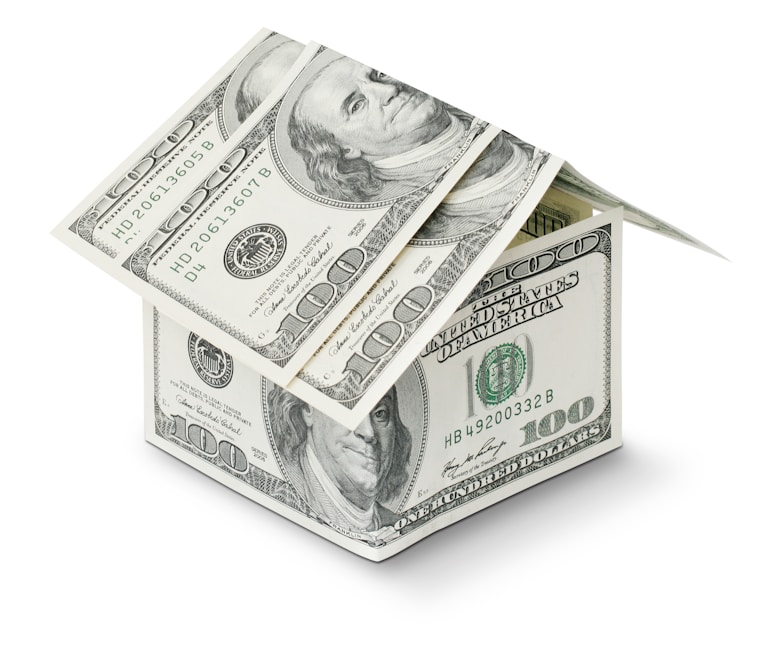What is an "FHA" Loan?
The Federal Housing Administration (FHA), which is a branch of the US Department of Housing and Urban Development, is a government entity that provides mortgage insurance to lenders who are giving out loans to riskier borrowers. Since FHA loans are backed by the government, FHA-approved lenders will lower their standards for approving borrowers that have lower incomes or lower credit scores. Lower FHA loan requirements help more people have access to funds that make buying their first home a possibility when they may not be able to qualify for conventional loans from private lenders.
Conventional Loans Vs FHA Loans
A conventional loan is defined as any mortgage loan that is not backed or insured by a government entity. While these types of loans are available to the vast majority of buyers, standards are a bit higher for who can borrow conventional mortgages. There is usually a higher credit score requirement and a deep dive into your debt-to-income ratio to ensure that you can pay back the loan. Mortgage lenders do not like to take on risks, so conventional mortgage borrowers must have a decent credit score and enough income to make the lenders feel confident.
Types of Conventional Loans
Conforming Loans
Non-Conforming Loans
Jumbo Loans
What to Know About FHA Loans
Mortgage Insurance
Conventional loans generally follow the same rules across the board. If you put 20% of the home price down, then you do not have to pay mortgage insurance premiums. However, FHA mortgages are a little bit riskier for FHA lenders to give out, and though they are partially insured by the government, there are still mortgage insurance requirements. This is one of the major differences between FHA and conventional loans. There are multiple models for paying for FHA mortgage insurance, including an annual mortgage insurance premium and an upfront mortgage insurance premium. Depending on the FHA-approved lender you choose and the FHA loan limits, you might be required to follow one of these structures.
Credit Score
A credit score is a massive factor when purchasing a home. Your credit report indicates how risky of a borrower you are to lenders. A lower credit score means that you either have a short credit history or you are not reliably paying off your debts. Monthly debt payments can come in the form of credit card balances, an existing mortgage, student loans, car loans, and more. While FHA mortgages are designed to help people that have low credit scores, there is still a minimum credit score that you must have to obtain the mortgage loan amount.
Down Payment
Down payments are another significant factor for FHA borrowers. The size of the down payment you can offer will affect your monthly mortgage payments, mortgage insurance premiums, and even the length of the loan. The general rule of thumb is putting down a larger payment upfront benefits you. FHA borrowers tend to put down between 3.5% and 10% of the purchase price. 3.5% is the minimum down payment for most FHA mortgages, and you will likely not find any FHA-approved lenders that will accept less.
Interest Rate
One of the main advantages of a Federal Housing Administration backed mortgage loan is lower interest rates. A conventional loan amount will average a higher interest rate than an FHA financing, so this option is appealing to many low-income buyers who cannot afford a high interest rate. FHA loan interest rates can be paid in either a fixed-rate structure or an adjustable-rate format depending on your specific needs. Some of the major players that drive the market for interest rates are Fannie Mae (FNMA) and Freddie Mac (FMCC), which are both regulated by the Federal Housing Finance Agency.
Closing Costs
Another factor that plays into any mortgage payment is the closing costs for the transaction. Costs like lender’s fees, attorney fees, real estate agent fees, and title deed fees are all part of buying a home. Fortunately, closing costs can often be wrapped up in the FHA mortgage balance. Though it will result in higher monthly payments, this can make it easier to lower the down payment requirement.
FHA Loan Requirements
There are a few things that FHA loans require from borrowers. First, they must have a minimum credit score of 580. Second, a down payment of at least 3.5% must be possible. Third, you must use an FHA approved lender and a FHA approved appraiser. While your debt-to-income ratio does not have to be perfect, it must demonstrate that you do have the ability to pay back the loan. They may look at pay stubs, bank statements, and credit reports to calculate FHA loan limits. An FHA home loan requires these standards because the FHA lender is still taking on risk and they must evaluate if you will be a reliable borrower.
Apply for an FHA Loan Today
Know exactly what to expect from your loan
- No documents required.
- No commitment.
- No fine print.










